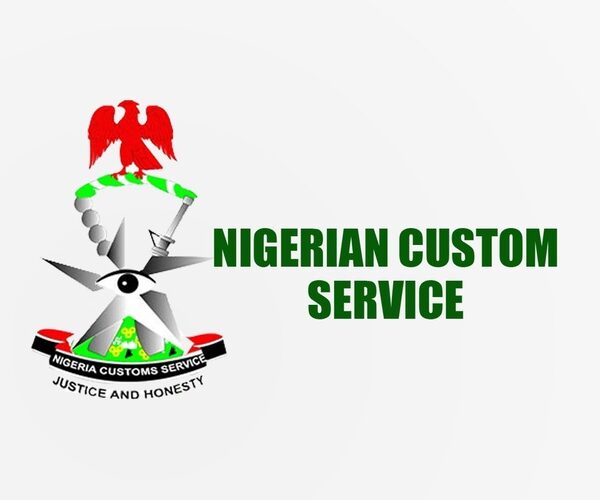The Nigeria Customs Service has engaged with the Nigerian Shippers’ Council on the implementation of the Unified Customs Management System, commonly known as B’Odogwu.
This was contained in a statement on Tuesday by the National Public Relations Officer of the service, Abdullahi Maiwada.
Maiwada said the move was part of its modernisation drive and commitment to trade facilitation.
B’Odogwu is an indigenous platform aimed at centralising customs processes, integrating stakeholders into a unified system while cutting clearance timelines, reducing costs, boosting compliance, and strengthening government revenue.
Maiwada explained that following the concerns raised by freight forwarders and licensed customs agents regarding delays and demurrage linked to the B’Odogwu rollout, the Comptroller-General of Customs, Adewale Adeniyi, met with the Executive Secretary of the NSC, Dr Akutah Ukeyima, in Abuja “to deliberate on practical solutions aimed at mitigating the inconveniences experienced by operators.”
Speaking during the meeting, the CGC emphasised that Ukeyima conveyed industry feedback from freight forwarders and agents, “noting the operational challenges related to system integration, documentation, and port logistics.”
Adeniyi stressed the need for urgent responses to minimise financial losses and prevent disruptions in the cargo clearance chain.
The CGC reaffirmed that B’Odogwu, being a flagship project under the Customs Modernisation Programme, remains critical to achieving a transparent, technology-driven, and globally competitive clearance process.
“Challenges in this initial phase would be systematically resolved through structured stakeholder engagement, phased improvements, and continuous system upgrades,” Adeniyi said.
“With this engagement, the NCS and NSC underscored the importance of sustained dialogue and collaboration. Further consultations with stakeholders, including shipping lines and terminal operators, would continue to align processes and address emerging concerns,” Adeniyi highlighted.
The Customs boss emphasised that while transitional issues are expected in large-scale reforms, measures are being implemented to limit disruptions and shield operators from excessive costs such as demurrage.
Adeniyi called on stakeholders to support the implementation process, provide constructive feedback, and partner with customs in building a modernised trade ecosystem that promotes efficiency, competitiveness, and national development.















